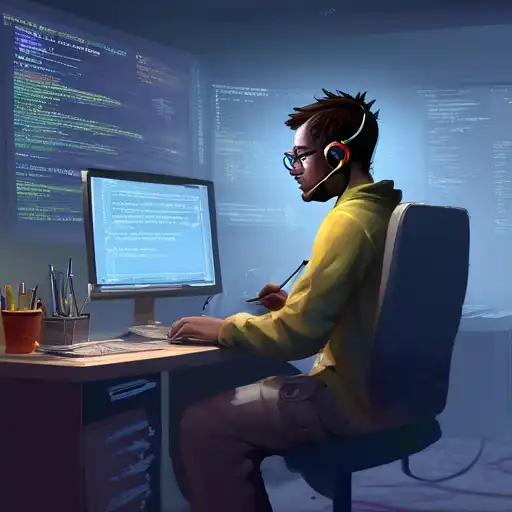Introduction to Debugging
Debugging is an essential skill for every programmer, especially for those just starting out. It involves identifying and resolving errors or bugs in your code that prevent it from running correctly. This article will provide you with essential debugging tips to help you become more efficient in solving coding problems.
Understand the Error Messages
One of the first steps in debugging is to understand the error messages your development environment throws at you. These messages are clues that can lead you to the root of the problem. Take the time to read them carefully and research any terms or codes you don't understand.
Use a Debugger Tool
Most integrated development environments (IDEs) come with built-in debugger tools. These tools allow you to step through your code line by line, inspect variables, and see the flow of execution. Learning how to use these tools can save you a lot of time and frustration.
Check Your Syntax
Syntax errors are among the most common issues new programmers face. A missing semicolon, bracket, or typo can cause your code to fail. Always double-check your syntax against the language's documentation or use a linter to catch these errors early.
Break Down Your Code
If you're dealing with a complex bug, try breaking down your code into smaller, manageable parts. Test each part individually to isolate the issue. This approach can make it easier to identify where things are going wrong.
Look for Patterns
Often, bugs follow certain patterns. If you're repeatedly encountering similar issues, there might be a fundamental misunderstanding or a recurring mistake in your approach. Identifying these patterns can help you avoid future errors.
Ask for Help
Don't be afraid to ask for help when you're stuck. Online communities like Stack Overflow, GitHub, or programming forums can be invaluable resources. Be sure to provide clear information about your problem and what you've tried so far.
Practice Makes Perfect
Debugging is a skill that improves with practice. The more you code and encounter bugs, the better you'll become at solving them. Keep coding, keep debugging, and don't get discouraged by setbacks.
Conclusion
Debugging is a critical part of programming that can be challenging for beginners. By understanding error messages, using debugger tools, checking syntax, breaking down code, looking for patterns, and seeking help when needed, you can overcome these challenges. Remember, every programmer faces bugs; what matters is how you deal with them.
For more programming tips, check out our programming resources page.
